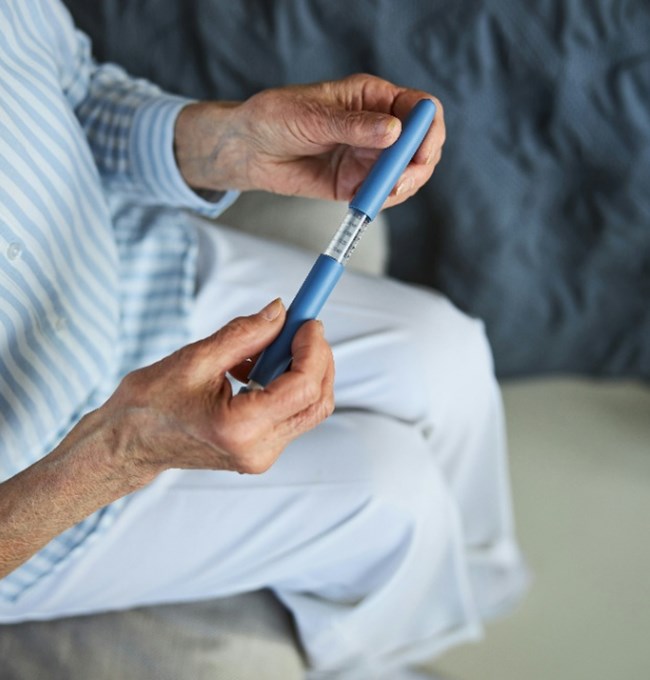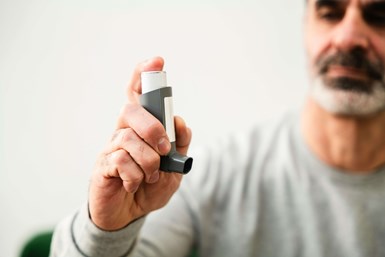2.5 more cycles of therapy: Highly personalized PSP for people living with multiple myeloma taking a complex oral treatment
100% of patients confident and competent: Empowering people living with a rare disease
Reduced treatment-related anxiety: The Impact of Nurse-Led Support for Caregivers of Children Taking Growth Hormone Treatment


